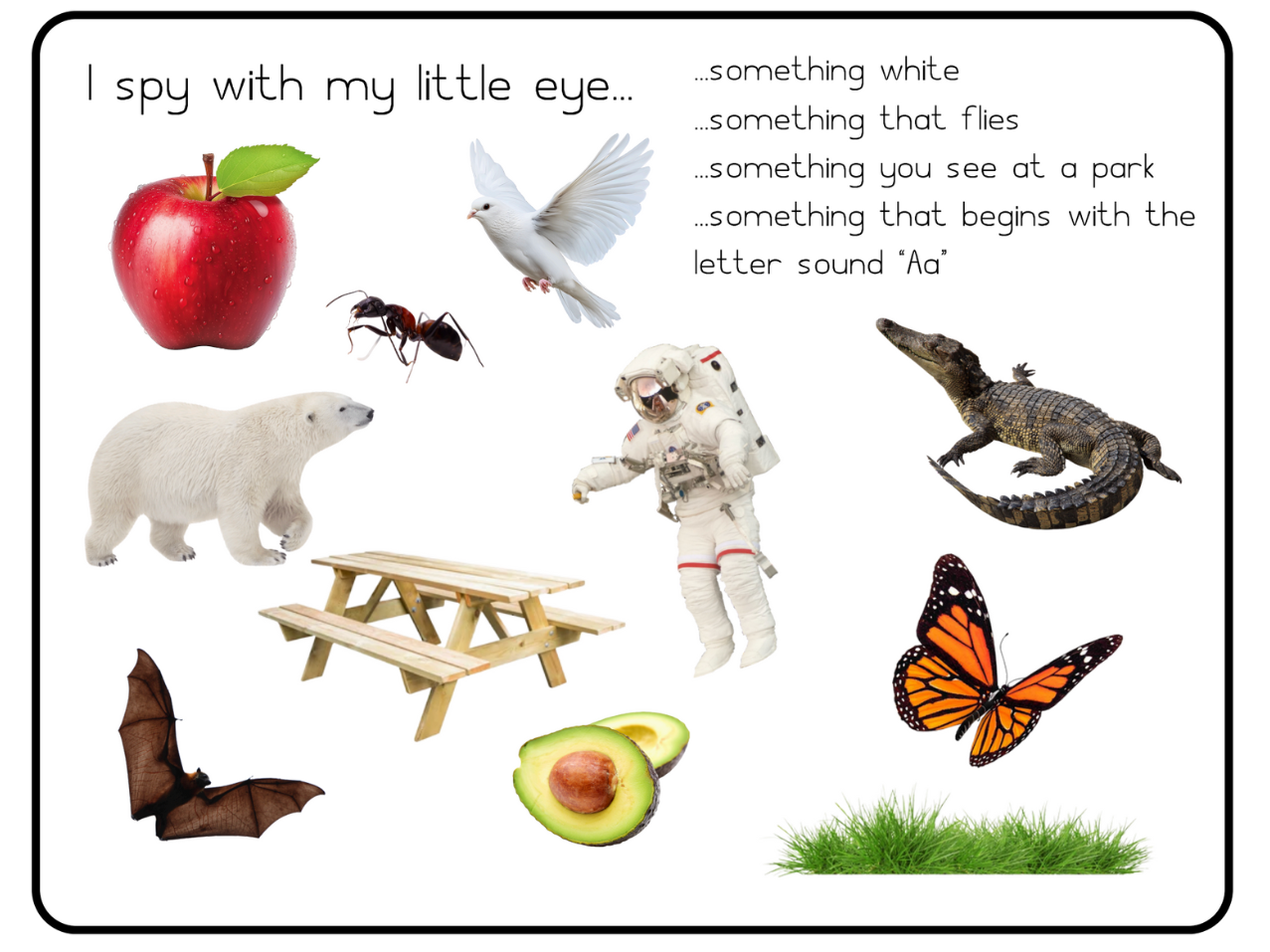Menu
-
-
Shop Holiday Items
-
Shop Gifts By Age
- Gifts For a 0-6 Month Old
- Gifts For A 6-12 Month Old
- Gifts For A One Year Old
- Gifts For A Two Year Old
- Gifts For A Three Year Old
- Gifts For A Four Year Old
- Gifts For A Five Year Old
- Gifts For A Six Year Old
- Gifts For A Seven Year Old
- Gifts For An Eight Year Old
- Gifts For A Nine Year Old
- Gifts For A Ten Year Old
-
Shop Gifts By Budget
- New Arrivals
-
Toys
- Large Active Toys
- Animal Toys
- Arts & Crafts
- Award-Winning Toys
- Bath Toys
- Birthday Wishlists
- Building Toys
- Cars, Trains, & Trucks
- Games
- Instruments
- Loose Parts Play
- Loot Bag Toys
- Made in Canada
- Outdoor Toys
- Pretend Play
- Puzzles
- Sensory And Fidget Toys
- Sensory Bin Tools & Fillers
- STEM Toys & Activities
- Toronto-Themed Gifts
- Travel Toys
- Wooden Toys
- Waiting Room Toys & Furniture
-
Montessori Materials
- Montessori At-Home Program
-
Montessori Furniture
-
Bundles & Sales
-
Books
-
Shop By Age
-
Shop By Brand
- Brands A-F
- Brands G-L
-
Brands M-R
- MagicPlaybook
- Magna Tiles
- Make Believe Ideas
- Makedo
- Manhattan Toys
- Math for Love
- Milaniwood
- MindWare
- Mojo Toys
- Moluk
- Moulin Roty
- Native Northwest
- nic
- Nienhuis
- Ooly
- Opinel
- Ostheimer
- Papoose
- Peaceable Kingdom
- Plan Toys
- Plus-Plus
- Preschool Collection Watches and Timers
- Ravensburger Puzzles
- Real Life Pages
- Brands S-Z
-
- 866-901-4696
- Gift Registry
- Login


Is Your Child Starting to Lie? Here's Why You Don't Need to Stress About It...
3 min read
If you want the very short version - lying is 100% developmentally normal, an important sign of cognitive development, and usually not a big deal when children are young.
If you have children around 3-4 years old and want to know why this behaviour happens, as well as how to handle it, then read on.
Otherwise, feel free to save it for later and scroll down to the bottom, where there's links to 3 other articles that might be more helpful to you now.
First off, why do children lie?
Lying is a sign of the shift in a child’s cognitive development.
Dr. Montessori found that at around age three, children develop a conscious mind, meaning they are now thinking about things/others outside of themselves.
Around this age, your child will realize that:
- We don’t all think the same way
- We don’t all know the same things
- We can have different beliefs about things (different perspectives)
This is an important and necessary shift in understanding and once this happens, children will have the capacity for lying.
Reasons Children Lie
There's a few common reasons that young children lie:
1. THE MOST COMMON REASON: To Conceal A Misdeed/Avoid Getting in Trouble

When your child “conceals a misdeed”, they are taking the perspective of you, the adult.
They have an awareness that what they did was “wrong” and they’re trying to avoid getting in trouble and upsetting you.
“Observational studies have found that the most common and earliest lies children tell tend to conceal misdeeds, where they have done something they were not supposed to do.” Social and Cognitive Correlates of Children’s Lying Behavior - PMC (nih.gov)
2. Social Experimentation
As we’ve mentioned before, children are little scientists and lying is just another type of experimentation.
At a young age, children lie as a way to experiment with their social relationships and how those around them react to the lie.
3. The Development of Imagination
Lastly, lying is a part of the development of imagination.
When a child is lying, it may simply be something they wish was true like, "Dad said I can have another cupcake" or the very famous "I don't have to go pee", used often because a child doesn't want to stop playing.
What to Expect
Lying starts around three years old, typically closer to four.
The younger the child is the worse they are at lying, i.e. you can probably tell when they aren’t telling the truth and they will fess up pretty quick.
Regardless of the lie or the motivation behind it, remind yourself that it's not malicious or something meant to hurt you. Try not to take it personally because it is a normal part of development.
What To Do About Lying
Despite lying being a healthy shift in development, there's no need to encourage it. Let it happen on its own.
And when it does, let them know when you know they’re lying, just try to keep it light instead of shameful: “That was an interesting story! Crayons don’t draw on walls by themselves!”
You can also begin to talk about the importance of telling the truth, even though your child may not be developmentally ready to understand honesty vs. lying. This won't happen until four+ years old.
In early childhood, you’re simply laying the foundation for honesty.
As they grow older, you can take a more serious approach to lying. This is a great article on how to handle lying with older children: Why Kids Lie and What Parents Can Do to Stop It | Child Mind Institute
Join Our Montessori Community
Sign up to get weekly activities, free printables, Montessori parenting guidance, and so much more.
Plus, get $10 off your first order of $100+.
Like this article? Get new articles, weekly activities, free printables, Montessori parenting guidance, and so much more.
One mom recently shared:
"Your newsletter is always SO great. It is one of the few I open and read weekly. You provide so much value. Thank you!"


